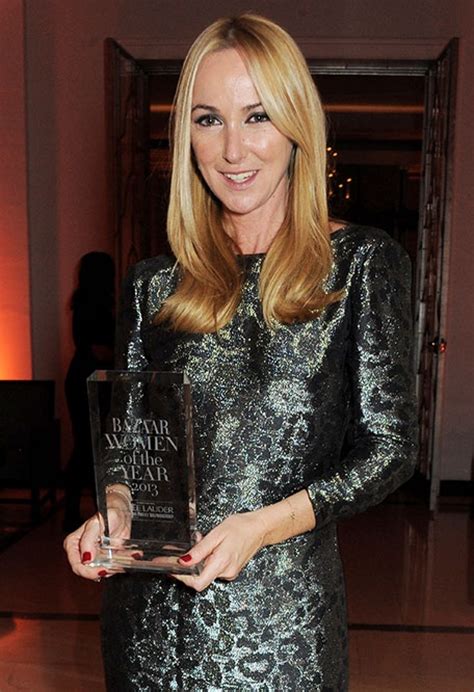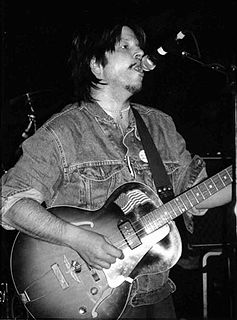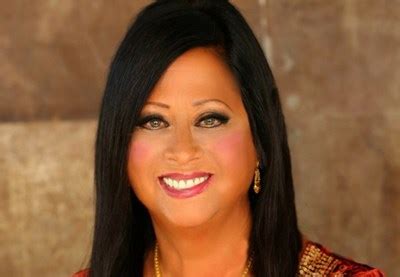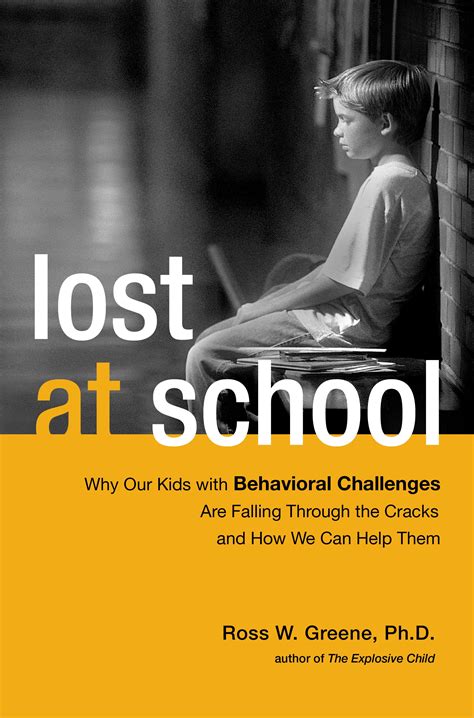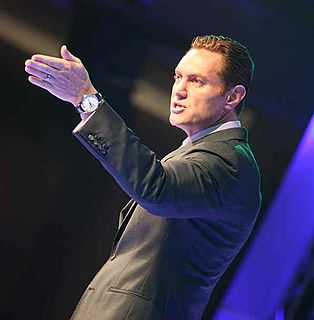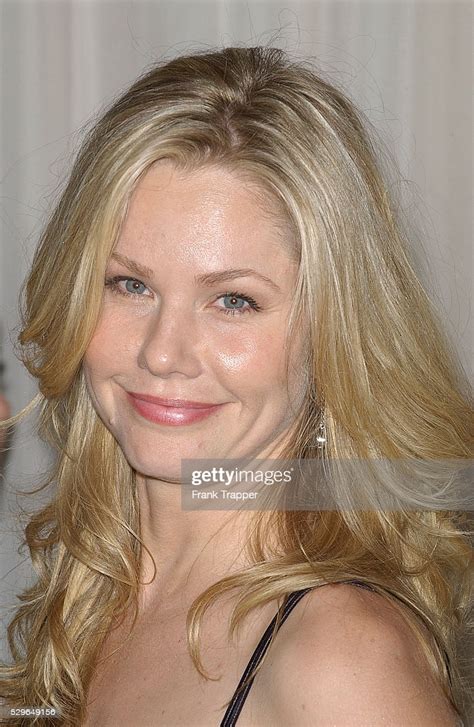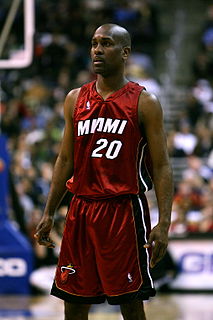A Quote by Jonathan Haidt
Good relationships make people happy, and happy people enjoy more and better relationships than unhappy people.... Conflicts in relationships--having an annoying office mate or roommate, or having chronic conflict with your spouse--is one of the surest ways to reduce your happiness. You never adapt to interpersonal conflict; it damages every day, even days when you don't see the other person but ruminate about the conflict nonetheless.
Quote Topics
About
Adapt
Annoying
Better
Chronic
Conflict
Conflicts
Damages
Day
Days
Enjoy
Even
Every
Every Day
Good
Good Relationship
Happiness
Happy
Happy People
Having
Interpersonal
Make
Mate
More
Never
Nonetheless
Office
Other
People
Person
Reduce
Relationships
Roommate
See
Spouse
Than
Unhappy
Unhappy People
Ways
Your
Related Quotes
One of the most important lessons to learn about relationships is that it is not another person’s job to make you happy. Your happiness is not someone else’s job. Until you realize this, you will always be dissatisfied with your relationships. Ultimately, your relationship with others mirrors your relationship to happiness.
In TV, you can really get into not only great characters, but also the relationships. There are all of the backstories and all of the relationships that you have with every person in your life, and the relationships those people have with each other. It's just more dense and there's more time to tell stories.
Ironically, people who suppress the mini-confrontations for fear of conflict tend to have huge conflicts later, which can lead to separation, precisely because they let minor problems fester. On the other hand, people who address the mini-conflicts head-on in order to straighten things out tend to have the great, long-lasting relationships.
When you have a conflict, that means that there are truths that have to be addressed on each side of the conflict. And when you have a conflict, then it's an educational process to try to resolve the conflict. And to resolve that, you have to get people on both sides of the conflict involved so that they can dialogue.
Key relationships can become threatened when you start exploring your own path. This is true when it comes to relationships with parents, mentors, and bosses. It's not always true, but many times these important people in our lives feel threatened in some way by our independence from them. There is an inner conflict that comes with exploring your own voice.
I'm very very happy for my hardships and misfortunes: they build character and make you a better person. Even if I think it's something you have to carry with you, it's definitely something that makes you more empathic towards other people, makes you understand people and relationships so much better.
Living with integrity means...not settling for less than what you know you deserve in your relationships; asking for what you want and need from others; speaking your truth, even though it might create conflict or tension; behaving in ways that are in harmony with your personal values; making choices based on what you believe, and not what others believe.
For a very long time, people have been saying to me, "What if you want to do this approach with every kid?" For a behaviorally challenging kid, you're parenting this way just to help bring the kid's behavior under control and to greatly reduce conflict. But you want to teach all kids the skills that are on the better side of human nature: empathy, appreciating how one's behavior is affecting other people, resolving disagreements in ways that do not involve conflict, taking another's perspective, honesty.
If you haven’t already clearly defined your values, you may find yourself making choices that conflict with what you want. If, for example, honesty is a big thing for you, but you hang out with liars, there’s a conflict. When your actions conflict with your values, you’ll end up unhappy, frustrated, and despondent. In fact, psychologists tell us that nothing creates more stress than when our actions and behaviors aren’t congruent with our values.





